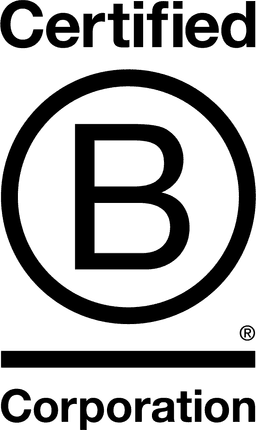

Noteb Planchers de Béton Inc

1.6
Quebec, Canada
June 2025
Contracting & building
Service with Significant Environmental Footprint
Canada
Fondée en 2012 Noteb s’est taillé une place de choix dans l’industrie devenant un chef de file en finition de dalles de béton en Estrie Au fil du temps nous avons élargi notre offre de services afin de mieux répondre aux besoins de notre clientèle Aujourd’hui nous sommes reconnus pour notre expertise en nivellement céramique renforcement structural membranes de stationnement revêtements époxydiques et béton poli Notre réputation repose autant sur notre savoir-faire technique que sur l’accompagnement concret que nous offrons à nos partenaires pour concevoir planifier et réaliser leurs projets dans le respect des budgets des échéanciers et des besoins réels Ce qui nous distingue Notre force réside dans une offre de services complète qui nous permet d’intervenir de la conception du bâtiment jusqu’à sa finition intérieure Cette approche intégrée nous permet de Comprendre les enjeux globaux des projets Planifier efficacement plusieurs chantiers en parallèle Accorder une attention rigoureuse à chaque détail Une vision durable certifiée Notre certification B Corp obtenue en juin 2025 officialise notre engagement envers une croissance responsable Elle re
Overall B Impact Score
Governance 12.0
Governance evaluates a company's overall mission, engagement around its social/environmental impact, ethics, and transparency. This section also evaluates the ability of a company to protect their mission and formally consider stakeholders in decision making through their corporate structure (e.g. benefit corporation) or corporate governing documents.
What is this? A company with an Impact Business Model is intentionally designed to create a specific positive outcome for one of its stakeholders - such as workers, community, environment, or customers.
Workers 19.8
Workers evaluates a company’s contributions to its employees’ financial security, health & safety, wellness, career development, and engagement & satisfaction. In addition, this section recognizes business models designed to benefit workers, such as companies that are at least 40% owned by non-executive employees and those that have workforce development programs to support individuals with barriers to employment.
Community 11.0
Community evaluates a company’s engagement with and impact on the communities in which it operates, hires from, and sources from. Topics include diversity, equity & inclusion, economic impact, civic engagement, charitable giving, and supply chain management. In addition, this section recognizes business models that are designed to address specific community-oriented problems, such as poverty alleviation through fair trade sourcing or distribution via microenterprises, producer cooperative models, locally focused economic development, and formal charitable giving commitments.
Environment 44.1
Environment evaluates a company’s overall environmental management practices as well as its impact on the air, climate, water, land, and biodiversity. This includes the direct impact of a company’s operations and, when applicable its supply chain and distribution channels. This section also recognizes companies with environmentally innovative production processes and those that sell products or services that have a positive environmental impact. Some examples might include products and services that create renewable energy, reduce consumption or waste, conserve land or wildlife, provide less toxic alternatives to the market, or educate people about environmental problems.
What is this? A company with an Impact Business Model is intentionally designed to create a specific positive outcome for one of its stakeholders - such as workers, community, environment, or customers.
Customers 2.0
Customers evaluates a company’s stewardship of its customers through the quality of its products and services, ethical marketing, data privacy and security, and feedback channels. In addition, this section recognizes products or services that are designed to address a particular social problem for or through its customers, such as health or educational products, arts & media products, serving underserved customers/clients, and services that improve the social impact of other businesses or organizations.